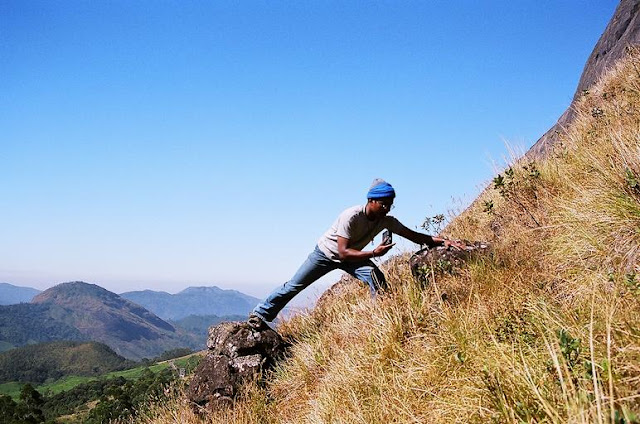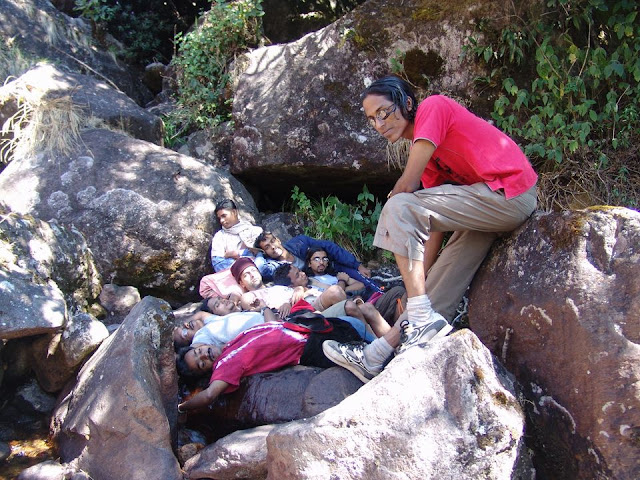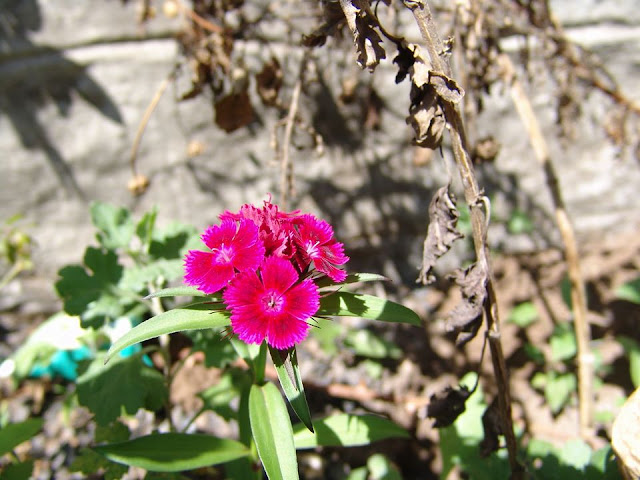 Peppara Wildlife Sanctuary is composed of the dense forests and the Peppara dam built on the Karamana River and was declared as a sanctuary in 1983 to increase the drinking water supply to Thiruvananthapuram and the adjoining suburbs. Peppara Wildlife Sanctuary is merged partially with the Palode reserve (24sq.kms) and the Kottoor reserve (29sq.kms); all the three together forming the whole of the area covered by the Peppara Wildlife Sanctuary. The wildlife sanctuary covers an area of 53 sq.kms with the reservoir spread in an area of 5.82 sq.kms. Located about 50kms. North East of capital city Thiruvananthapuram in Nedumangad taluk of Thiruvananthapuram district, the topography of the wildlife sanctuary is quite hilly.
Peppara Wildlife Sanctuary is composed of the dense forests and the Peppara dam built on the Karamana River and was declared as a sanctuary in 1983 to increase the drinking water supply to Thiruvananthapuram and the adjoining suburbs. Peppara Wildlife Sanctuary is merged partially with the Palode reserve (24sq.kms) and the Kottoor reserve (29sq.kms); all the three together forming the whole of the area covered by the Peppara Wildlife Sanctuary. The wildlife sanctuary covers an area of 53 sq.kms with the reservoir spread in an area of 5.82 sq.kms. Located about 50kms. North East of capital city Thiruvananthapuram in Nedumangad taluk of Thiruvananthapuram district, the topography of the wildlife sanctuary is quite hilly. 
The major wildlife species found in the wildlife sanctuary are: tiger, panther, wild dog, lion tailed macaque, elephant, gaur, sambhar, barking deer, mouse deer, wild boar, Nilgiri langur, Malabar squirrel etc. The bird species especially the water birds like darter, little cormorant, pied king fisher and egrets are most commonly seen in the sanctuary. Several species of snakes including the king cobra and python are dominantly present in this sanctuary. The Peppara Wildlife Sanctuary is also famous for its wide variety of moth and butterflies. Apart from the wildlife, there are 13 tribal settlements in the Peppara Wildlife Sanctuary.]


The forest areas in the wildlife sanctuary mainly consist of three major forest belts Southern hilltop tropical evergreen forests found atop the hills with an elevation of above 1000m; West coast semi- evergreen forests that occur mostly on the hills with an elevation of 150 to 1050m; Southern moist mixed deciduous forests cover more than 60% of the area and occupy the lower slopes of the hills.












































































